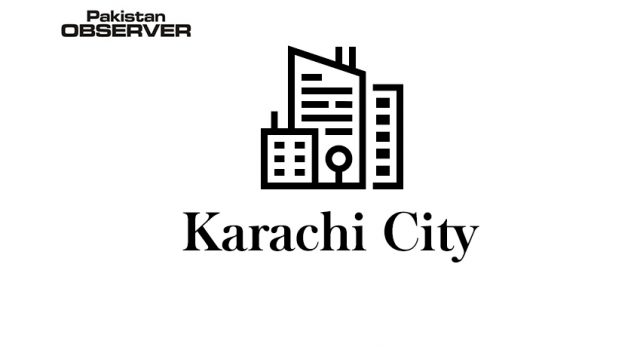“You need to have a vision in order to succeed”, said Dr. Muhammad Amjad Saqib, CEO, Akhuwat Foundation, who has recently been nominated for the Nobel Peace Prize 2022 for his humanitarian work in poverty alleviation. He made these remarks during the first webinar of the Reflections series titled ‘Beacon of Hope’, powered by K-Electric and organised by Nutshell Group.
The objective of the webinar was to bring to bring together major philanthropic organizations and corporate companies to discuss how they can uplift the society by working collaboratively.
The session began with an opening remarks by Zehra Mehdi – Director Sustainability at K-Electric who highlighted how the world is changing Post-Covid and emphasized on the need of stronger collaboration between corporate sector and welfare organizations for a sustainable future. She also accentuated on the necessity to bring smaller welfare organizations in the limelight as well because just like other well-known names in the sector, these organizations are also playing an instrumental role in shaping a better future.
After Ms. Mehdi, the moderator introduced Air Cdre. (R) Shabbir Ahmed Khan, the founder of the Rashidabad Memorial Welfare Organization. “We are not visionaries, we are committed to serve the nation and humanity. I know it is strange to hear this from a soldier but that is what we heard from our instructor in the 1965 war. He told us to live for others,” he said.
According to Air Cdre. Khan, he said set up a Shaheed welfare fund right after the 1971 war. “This is not a success story…it is our duty. Whether we have done it or not, only God knows better. It is our commitment. Today is the need to forgetting yourself as the country needs your total commitment,” he added.
Talking about his journey and experience, Dr. Saqib said that whenever you talk about a journey, you have to talk about philosophy as well. “No institution is based upon its structure but there is always a core philosophy behind it, Akhuwat’ s philosophy is connectivity between haves and have not’s. If Pakistan has 50% haves and 50% have not’s and if you are able to connect these two sections of the society only then we can say we can work,” he shared.
He said that his advice to young entrepreneurs was that it is important to take the first step. He added that to try to develop a beautiful society is what social entrepreneurship is, for this we need a vision and a dream and then finally dedicating your life to that dream. After Air Cdre. (R) Shabbir Khan and Dr. Saqib, the moderator opened the session to a panel discussion and invited Prof. Dr. Abdul Bari Khan, the CEO of the Indus Hospital and Health Network.Dr. Abdul Bari Khan talked about how he came up with the idea of a free
hospital. He shared that many people had no faith that this would become a reality. He added that some people had told him that he will not be able to operate a cashless hospital and eventually would start taking money. It has been 15 years and from one hospital, we have grown into a health network and our counters are still cashless and completely free of charge.
“Dreams are those which do not let you sleep. We should always see bigger dreams. One day Indus will run as the national health service of
Pakistan,” he said.Carrying on with the same train of thought, Syed Asaad Ayub Ahmad, thePresident and CEO of The Citizens Foundation said: “It all starts with the belief in what we want to do. The biggest thing for this organization was when the founders sat together and said that they want to do something and something good.”










